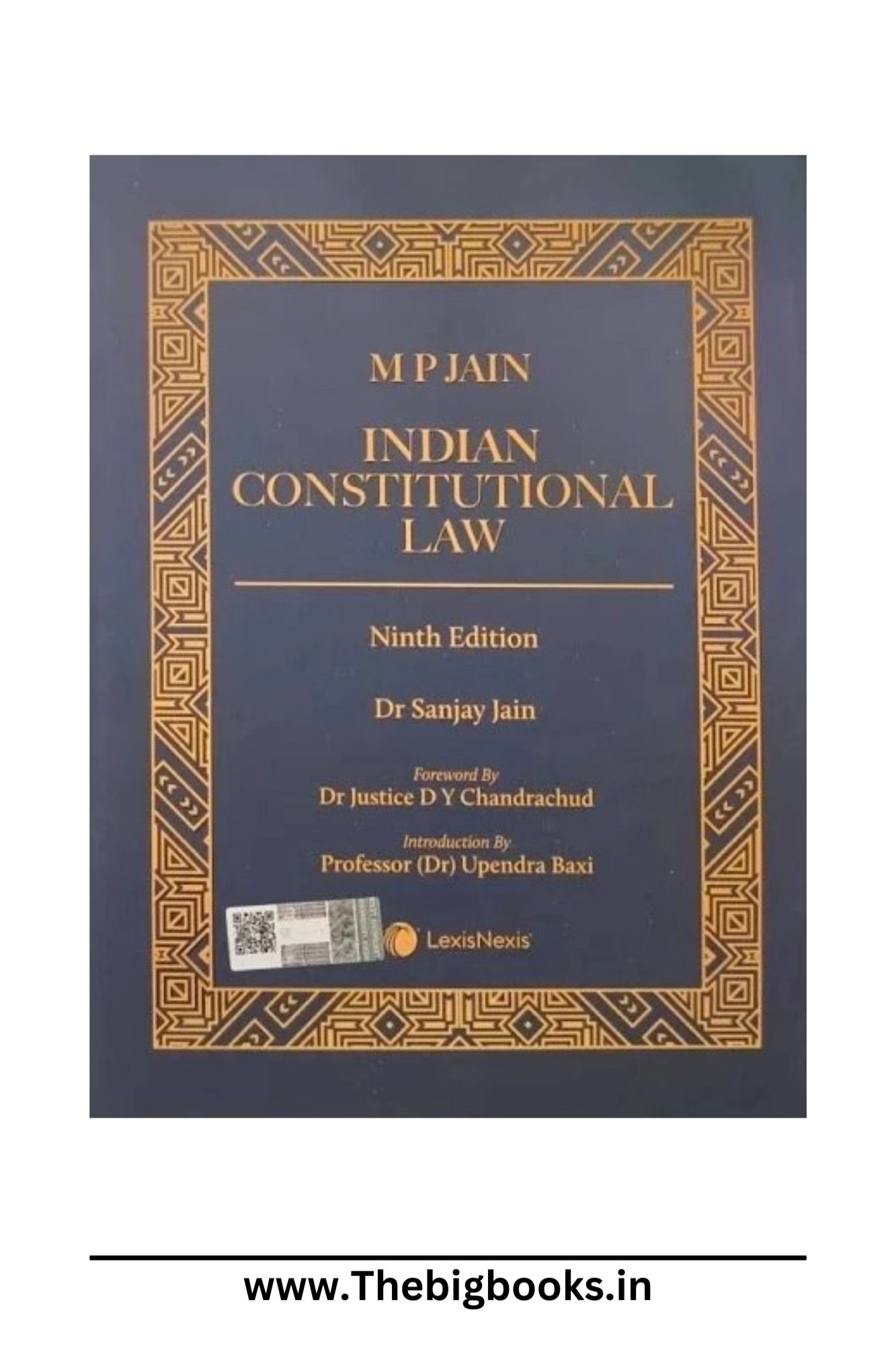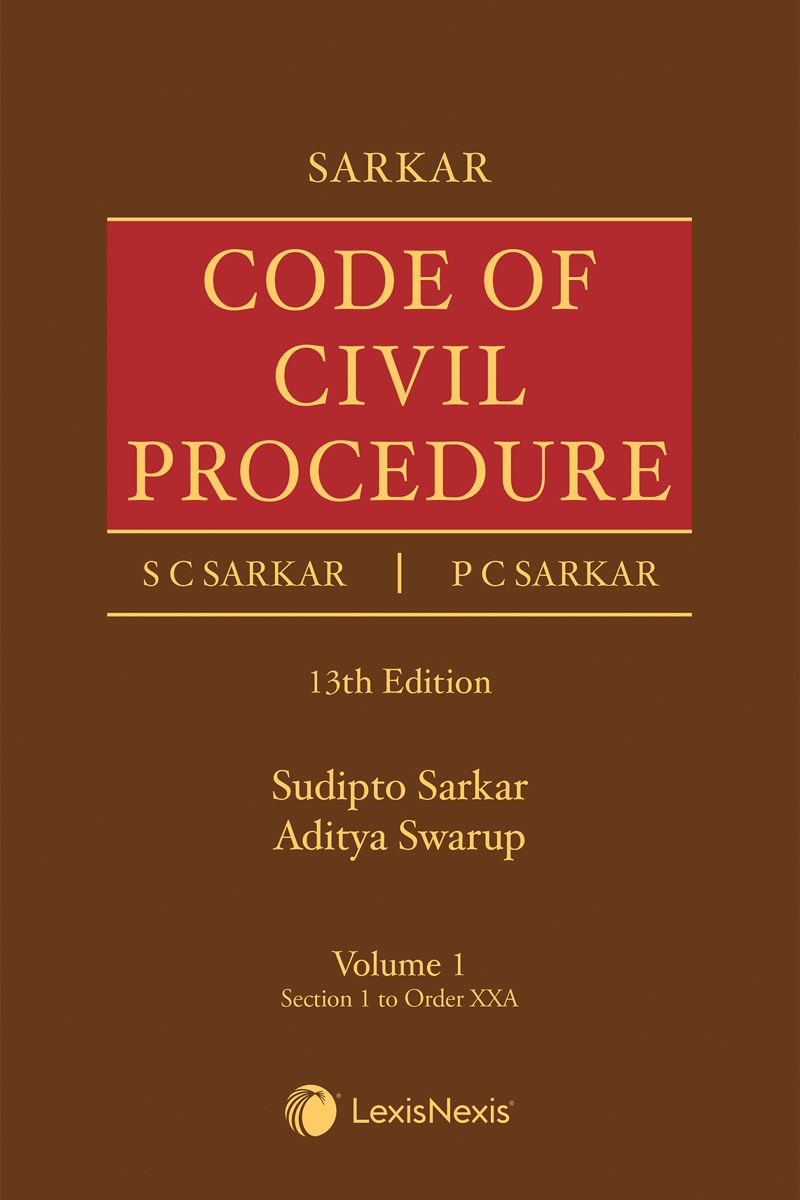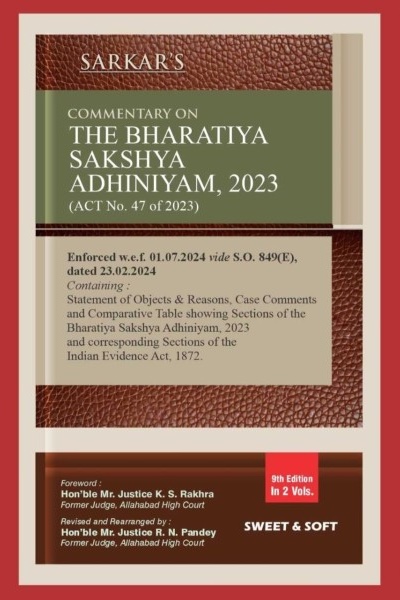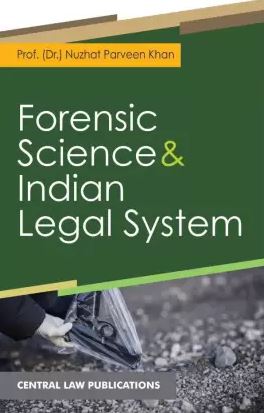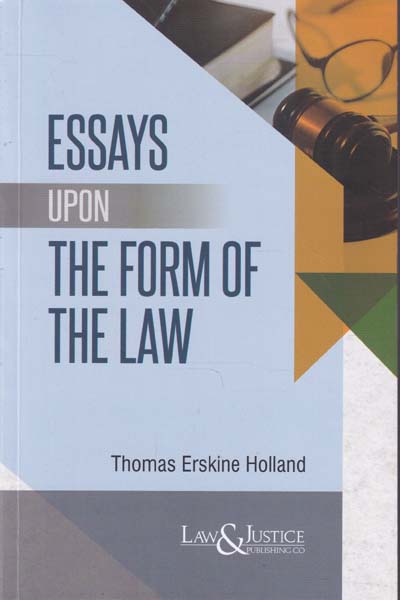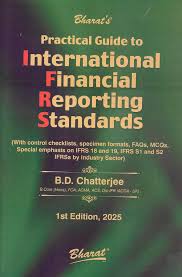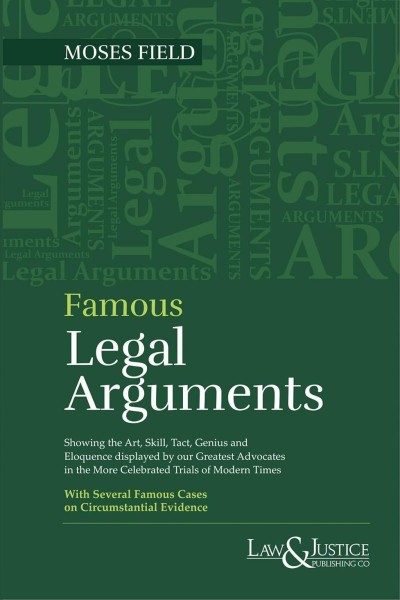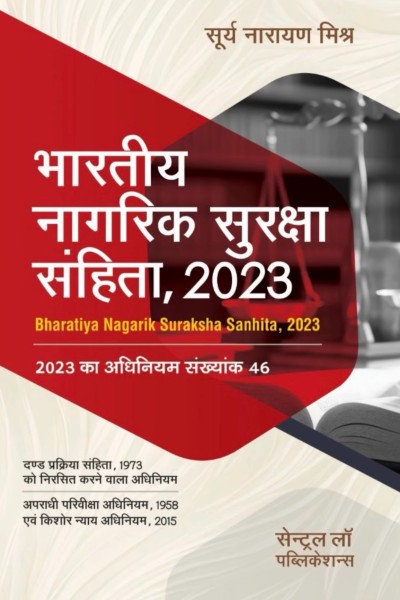Lexisnexis's Indian Constitutional Law - 9th Edition 2025
Lexisnexis: M.P Jain Indian Constitutional Law 9th Edition 2025.
Share this product
Key Features of the Book:
-
Comprehensive Analysis of the Indian Constitution:
- The book provides an in-depth commentary on the Constitution of India, covering both its text and the evolving interpretations.
- It explores the Fundamental Rights, Directive Principles of State Policy, Separation of Powers, and Federal Structure, offering a clear understanding of how these components interact and function.
-
Updated for 2025 Edition:
- The 9th edition is fully updated to incorporate the latest constitutional amendments, judicial pronouncements, and legislative changes that have occurred up until 2025.
- It reflects changes in areas such as rights of individuals, federalism, secularism, and constitutional amendments, ensuring that readers are aware of current developments in Indian constitutional law.
-
Judicial Interpretations and Case Law:
- The book includes extensive case law, discussing landmark decisions of the Supreme Court of India and High Courts that have had a significant impact on constitutional jurisprudence.
- Important cases such as Kesavananda Bharati, Maneka Gandhi, Minerva Mills, and more are analyzed to illustrate the interpretation and application of constitutional provisions.
-
Critical and Comparative Approach:
- The author provides a critical analysis of various constitutional provisions, exploring their historical context and their relevance in modern-day governance.
- A comparative approach is also adopted, where relevant, by comparing India's constitutional provisions with those of other countries, providing a broader perspective on constitutional governance.
-
Focus on Constitutional Concepts and Doctrines:
- The book covers essential constitutional doctrines, including basic structure doctrine, separation of powers, and judicial review, along with their evolution through judicial interpretation.
- Key concepts like Federalism, Secularism, Rule of Law, and Sovereignty are examined in detail.
-
Clarity and Accessibility:
- The book is written in clear, structured language, making complex constitutional principles accessible to both students and legal professionals.
- It includes well-organized chapters with headings, subheadings, and summaries at the end of each chapter to facilitate easy understanding and quick reference.
-
Practical Application:
- Practical insights are provided on the functioning of constitutional institutions such as the President of India, Parliament, and Judiciary.
- The book also delves into issues like constitutional amendments, emergency powers, and the role of public interest litigation (PIL) in modern constitutional law.
-
User-Friendly Features:
- The book is well-organized and provides easy access to the most important constitutional topics. It includes indexing and cross-references, helping readers find key sections quickly.
- It is ideal for use by students preparing for law exams, practicing lawyers, and those pursuing research in constitutional law.

